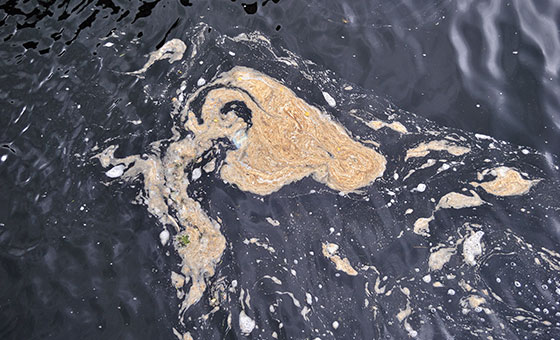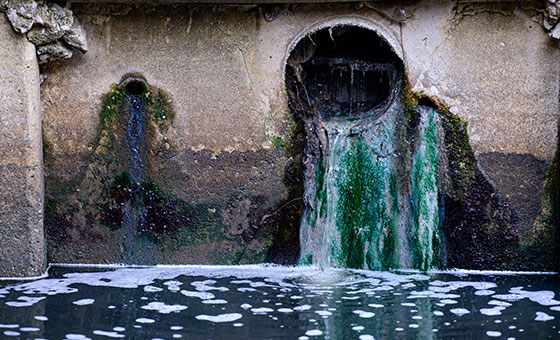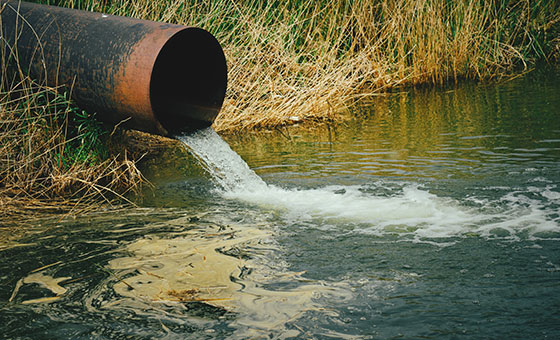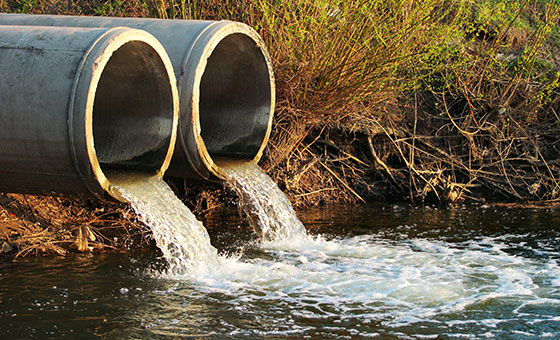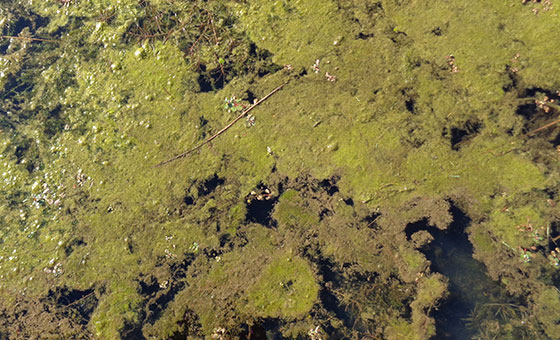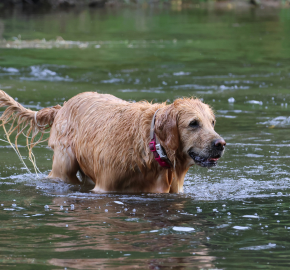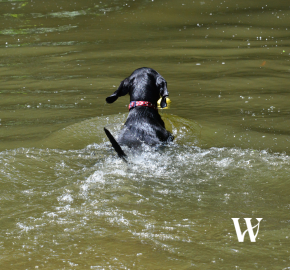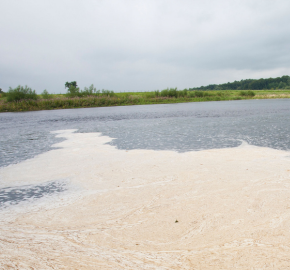
How sewage gets into our rivers
Sewage pollution is released into rivers through Combined Sewer Overflows (CSOs).
CSOs are emergency infrastructure systems that are permitted to discharge untreated waste water during periods of heavy rain. They are an important part of our sewage infrastructure and designed to stop sewage backing up into our homes during extreme rainfall events.

